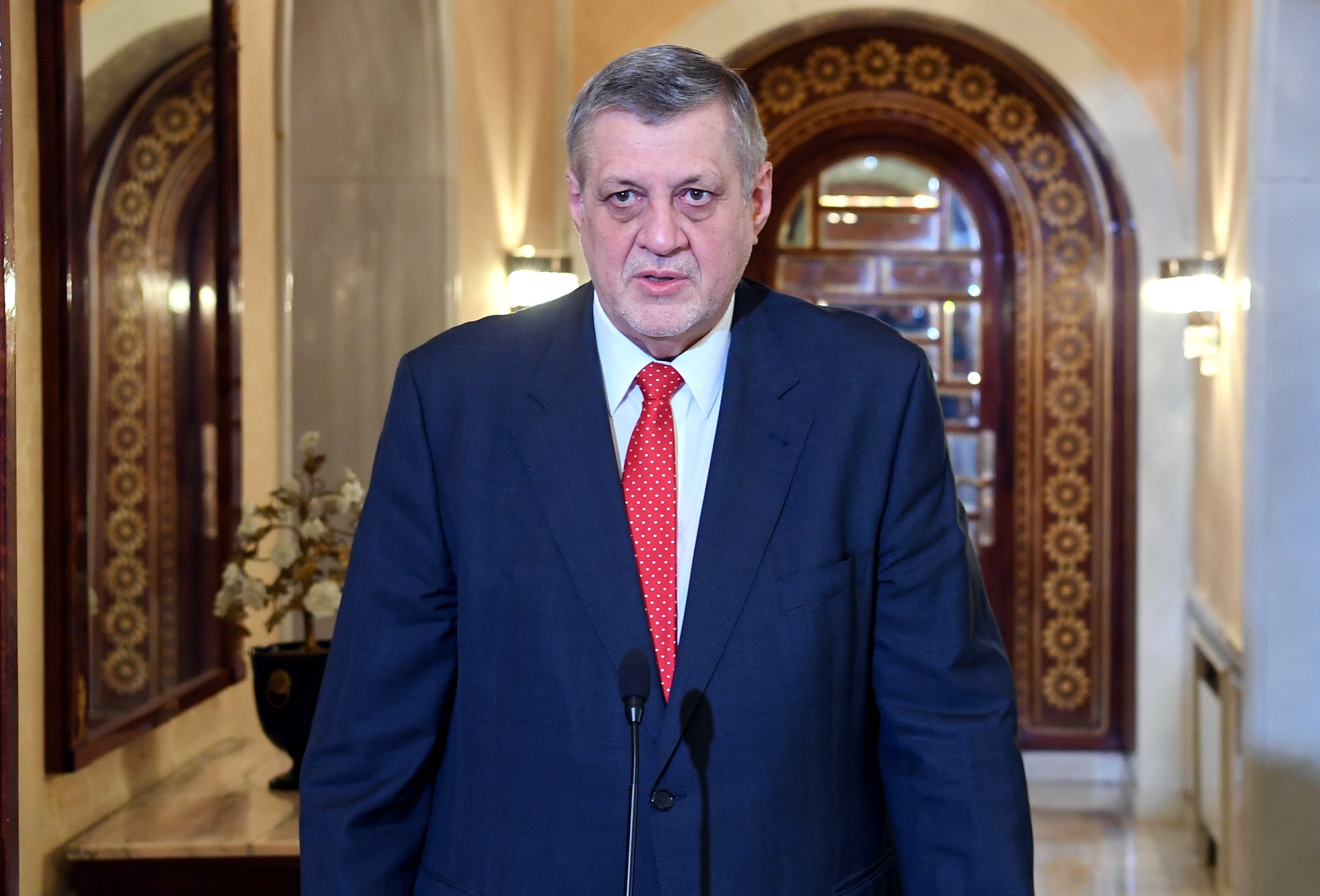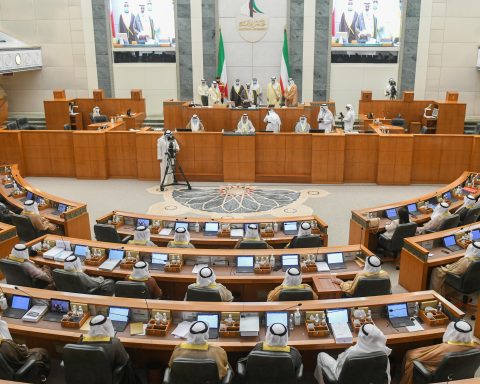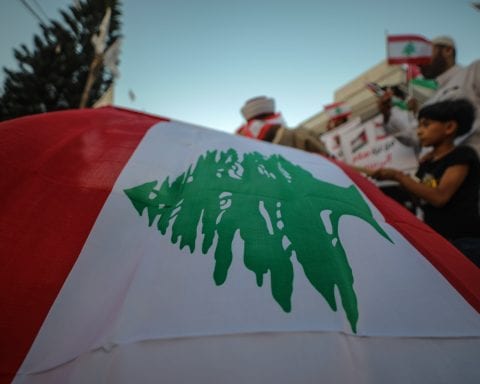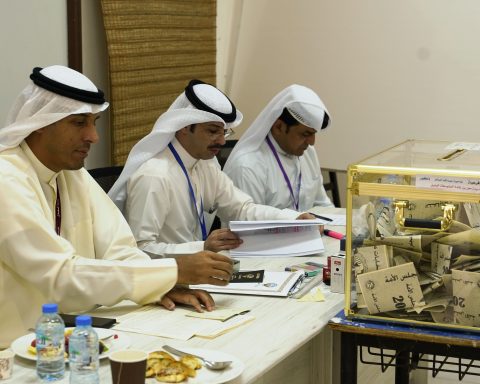The upcoming elections in Libya and some problematic issues were discussed at the meeting held in Algeria on Monday, August 30, with the participation of the foreign ministers of the countries neighboring Libya. Arab League Secretary-General Ahmed Aboul Gheit, African Union (AU) Commissioner for Political, Peace and Security Affairs Bankole Adeoye, UN Special Envoy for Libya Jan Kubis, as well as the foreign ministers of Algeria, Libya, Egypt, Sudan, Niger, Chad, and the Democratic Republic of Congo attended the two-day meetings.
In his opening speech, Algerian Foreign Minister Ramtane Lamamra stated that the Libyan crisis will only be resolved with the dialogue between the Libyan parties and the support of the international community, especially the neighboring countries. The Foreign Minister of the Government of National Unity (GNU) Najla Mangoush stated that the Libyan government attaches importance to cooperation with neighboring countries and continues its initiatives in this direction. Mangoush stated that the quadrilateral agreements with southern neighbors such as Sudan, Chad, and Niger could be reactivated. There are also security and cooperation agreements signed with Libya, Sudan, Niger, and Chad in 2018 to combat terrorism and human smuggling. Related to this, the security crisis on Libya’s southern borders has started to come up again, especially recently. In addition to this, Mangoush pointed out that the GNU is making efforts to organize a consultation meeting on the current situation in Libya, with the participation of the UN and other active countries. Egyptian Foreign Minister Sameh Skoukry also emphasized that the coming together of the countries neighboring Libya is a very crucial step in ensuring peace and stability in the country.
On the other hand, speaking at the meetings, UN Special Envoy for Libya Jan Kubis called for the legal infrastructure for the elections planned to take place on December 24 to be established without delay. Stating that the House of Representatives (HoR) led by Aguila Saleh should enact the necessary laws for the election, Kubis demanded the participating countries to send observers to the elections. As it is known, as a result of the Libyan Political Dialogue Forum (LPDF), which took place between June 28 and July 2, the parties could not reach a certain consensus. Issues such as the candidates criteria and the election method that came to the fore in the LPDF negotiations led to a blockage in the negotiations.
Emphasizing the unification and integration of military institutions, it was expressed in the statement published at the end of the two-day negotiations that the ceasefire agreement signed by the 5+5 Joint Military Committee in October 2020 and the roadmap should be followed. In the declaration, it was also emphasized that the elections should be held on the determined date and the necessary constitutional basis should be prepared in this direction. At the same time, the participating states called for the perception that there is no alternative to a political solution for all regional and international stakeholders. Finally, at the meetings held on Tuesday, the neighboring countries of Libya decided to send a delegation to Libya to observe and assess preparations before the December 24 elections. However, no clear information was given about the date when the delegations would be sent. Finally, it has been announced that the next meetings will be held in Cairo, the capital of Egypt.
The government of Abdul Hamid Dbeibeh, which took office in Libya in March, is trying to lead the country to elections on the specified date. However, the interim government, which is in competition with the forces of warlord Khalifa Haftar in the east of the country and the HoR, has serious problems, especially over discussions regarding the national budget and the constitutional basis. The most recent example of this was Dbeibeh’s criticisms against the HoR’s threats to withdraw confidence from the unity government, illustrating the ongoing political deadlock. As the election date approaches, the pressure on Libyan authorities may increase.














